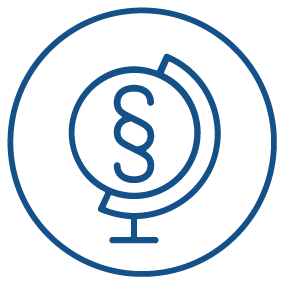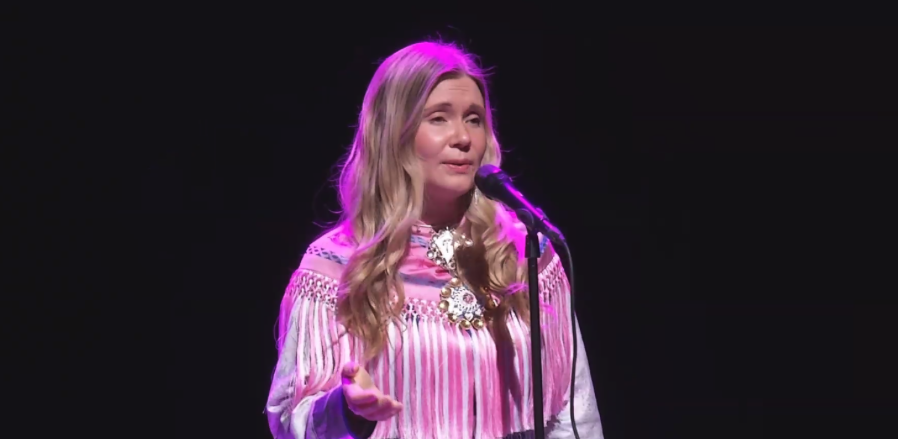Aktivitet 1.2 Ursprungsbefolkning och funktionshinder
Tidsperiod: Pågår under hela handlingsplansperioden 2018–22.
Utförare och finansiär: Nordens välfärdscenter, Nordiskt demensnätverk, Rådet för nordiskt samarbete om funktionshinder, Ministry of Social Affairs and Health (Finland), Finnish Institute for Health and Welfare (THL), Sametinget i Finland, SámiSoster, Advisory Board for the Rights of Persons with Disabilities VANE, and Finnish Human Rights Centre.
Status: Det finns generellt sett lite systematiserad kunskap om funktionsnedsättning och funktionshinder kopplat till de ursprungsfolk som finns i Norden, samer och inuiter.
Målsättningen med insatserna är att stödja forskning, professionella nätverk och nordiska nätverk av personer med funktionsnedsättning och deras anhöriga från nordiska ursprungsfolk. Nordens välfärdscenter har tidigare arbetat med ett projekt om samer och funktionsnedsättning.
Arbetet med frågan kommer att fortsätta även under 2022. Norge, som har ordförandeskapet, har beslutat att ha detta som tema på agendan för sidoevenemanget som kommer att arrangeras i samband med det 15:e statspartsmötet kring UNCRPD, med syfte att diskutera hur konventionsländerna specifikt kan möta personer med funktionsnedsättning från urfolk och anpassa tjänster och stöd så att de respekterar och skyddar urfolkskulturer.

Nordic seminar: Indigenous peoples: language, culture, and life cycle
How do we respect and implement rights of indigenous people with disabilities in the Nordic region? What are the challenges to meet the needs of indigenous people with dementia in sparsely populated areas?
The Nordic webinar: Indigenous peoples: language, culture, and life cycle was organised as part of Finland's Presidency of Nordic Council of Ministers in 2021.
The aim of the project was to contribute to the priority Welfare for all and raise awareness and knowledge of good practices that provide equal and secure health and welfare services for all with special focus on indigenous peoples, disability, and dementia in the Arctic Region. The project aimed to ensure social security and social rights for vulnerable groups of individuals among the indigenous peoples in the Nordic Region.
The project focused on the prevention of social inequality and marginalization of socially vulnerable individuals and groups. Moreover, the webinar discussed the option to increase client/patient mobility in the Nordic region, and use of welfare technology, assessment methods, or other equipment that allows equal treatment and service provision for the indigenous peoples in the Nordic Region by supporting their right to maintain their own language and culture.
The two-day online event focused on how indigenous persons with disabilities are exposed to multiple discrimination, while taking special account of people with dementia. The first day of this webinar raised the issue of how the human rights intersect, highlighting key human rights obligations and recommendations from the perspective of both indigenous peoples and persons with disabilities.
Another theme of the webinar was positive discrimination, and the right to language and identity. The second day focused on provision of future language- and culture-sensitive services particularly in sparsely populated areas, with a life cycle perspective, and provided a vision for un-questionable provision of language and culture-sensitive services for indigenous peoples.
The webinars raised the awareness that national politicians, government programs, and national budgets in the Nordic countries could take into consideration the exceptional situation of persons with disabilities or dementia in the minority groups such as indigenous peoples. Sámi Parliaments and SámiSoster could describe how their situation is affected by policies in the countries, and to state the needs of the Sámi population. The webinar also offered floor to the representatives from Greenland to express their situation.
WATCH THE WEBINARBoth films have English subtitles. |
About the event
The webinar was streamed from Sajos, the premises of the Sámi Parliament in Finland and hosted by Nordic Welfare Centre, institution in the Nordic Council of Ministers’ social and health sector, and Finnish Institute for Health and Welfare, THL.
Moderator day 1: Maria Montefusco
Speakers:
- Janne Hirvasvuopio, Member of the Social and Health Committee of the Sámi Parliament in Finland, and representative of the Sámi Parliament in Finland in Advisory Board for the Rights of Persons with Disabilities VANE
- Paula Lehtomäki, Secretary General, Nordic Council of Ministers
- Gerard Quinn, UN Special Rapporteur on the rights of persons with disabilities
- Laila Susanne Vars, Chairperson, Member representing the Arctic, United Nations Expert Mechanism on the Rights of Indigenous Peoples (EMRIP) 2017–2023
- Cecilie Marie Jakobsen, Chairperson of Nunatsinni Inuit Innarluutillit Kattuffiat (NIIK), national umbrella organisation for people with disabilities in Greenland
- Merja Pieski, SámiSoster, Project Worker
Moderator day 2, Katarina Nägga, AssociateProfessor, Linköping University
Speakers:
- Sanna Ahola, Expert, Human Rights Centre, Finland
- Tenna Jensen, Associate Professor, University of Copenhagen
- Elle Aikio, Public Health Nurse
- Marit Laila Logje, Rehabilitation Officer
- Margaretha Uttjek, PhD, Associate Professor, Umeå University
- Per Axelsson, Associate Professor, University of Umeå
- Christina Storm Mienna, Associate Professor, University of Umeå
- Elna Søndergaard, Physiotherapist, Pissassarfik – the nationwidedisability center, Greenland
- Jaana Huhta, Senior Ministerial Adviser, Ministry of Social Affairsand Health, Finland
- Ristenrauna Magga, Executive Director, SámiSoster, Finland
